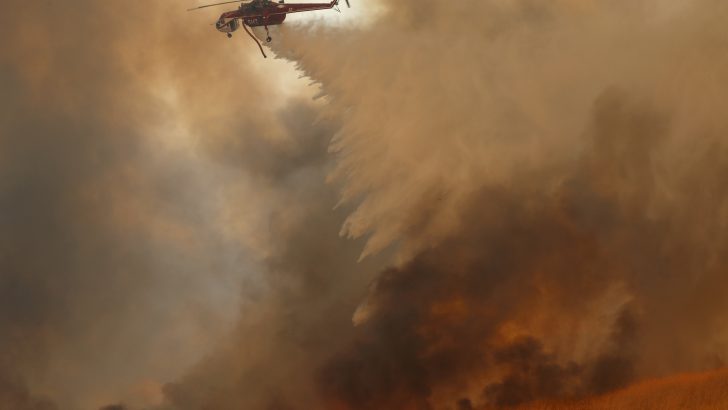Editor Michael Kelly reflects on ‘the idea of a community coming together to help one another and ease the burden’ in times of struggle
More than a few commentators have described the recent levels of rainfall as biblical. And the suffering has been (and continues to be) immense. Homeowners have struggled heroically – and often failed – to prevent devastating floodwater from entering their homes. It’s impossible not to be moved by the sheer anguish, fear and frustration on display on the faces of people in flood-affected areas on the news every evening.
Many people have been flooded several times in recent years. A woman from Co. Tipperary struggled to hold back tears as she told the radio interviewer that she and her husband were at the end of their tethers. “Every time we have our home looking good again,” she said, “we have another flood”.
She admitted to having become obsessed about listening to the weather forecast wondering what the next torrential downpour might have in store for her. Her husband and sons hadn’t slept in days as they worked together to pump water from their downstairs rooms.
People often talk about the sense of feeling let down. The sense that flood defences were promised, but not delivered. Of course, as the water subsides, and life appears to get back to normal, those of us who haven’t experienced flooding quickly forget and politicians, for the most part, are off the hook.
Volunteers
In the midst of the devastation of the floods, one thing that has been inspiring has been the sense of community that the catastrophic conditions have created. Some people have spoken of teams of volunteers mobilising to ‘save’ at risk homes. People have been quick to offer assistance in the clean-up and offer whatever sustenance they can to the volunteers.
It’s, perhaps, what the word meitheal in the Irish language captures. The idea of a community coming together to help one another and ease the burden. The sense that what is too much for one individual or family to bear, a parish can bear.
At the same time, in the midst of this, there was a depressing reminder of ‘the fall’ with news that two men had allegedly stolen a boat that the Defence Forces were using for disaster relief with the intention of looting from houses whose residents had decided to sleep elsewhere.
Questions are rightly being asked of politicians: Why were homes allowed to be built on long-recognised flood plains? Why have promised flood defences not been delivered? These are valid questions. But there are others too which must be asked when the water levels have dropped.
Chief amongst these is the failure to take climate change seriously at a political level.
The passage in the Dáil of the Climate Bill last month is welcome, but there needs to be much greater urgency. For example, the 18-month timeframe outlined for the production of the first national mitigation plan is too long. The absence of the plan to ensure action across all sectors will put Ireland further off-track to meet its 2020 and 2030 emission reduction objectives. Currently, Ireland is one of only four EU member states not on course to meet its 2020 obligations.
The Taoiseach’s comments at the UN Climate Summit in Paris last month that Ireland’s emissions targets are “unrealistic” are also a worrying indication that the Government lacks the political will to tackle climate change.
The floods also raise pertinent questions about our stewardship of creation: what Pope Francis has referred to in ‘Laudato Si’ as “our common home”. How have we been stewards of the land? Has adequate drainage been part of agricultural planning? Have we harvested too many trees that traditionally acted to reduce the effects of flooding without replacing them?
An argument that is often made against ambitious targets when it comes to tackling climate change is that we simply can’t afford to tackle it. Clearly, we can’t afford not to.


 Michael Kelly
Michael Kelly A helicopter drops water on a fast moving wildfire Oct. 9 in Orange, Calif. A recent Catholic Climate Covenant webinar explored the connection between global warming and extreme weather events. Photo: CNS
A helicopter drops water on a fast moving wildfire Oct. 9 in Orange, Calif. A recent Catholic Climate Covenant webinar explored the connection between global warming and extreme weather events. Photo: CNS 